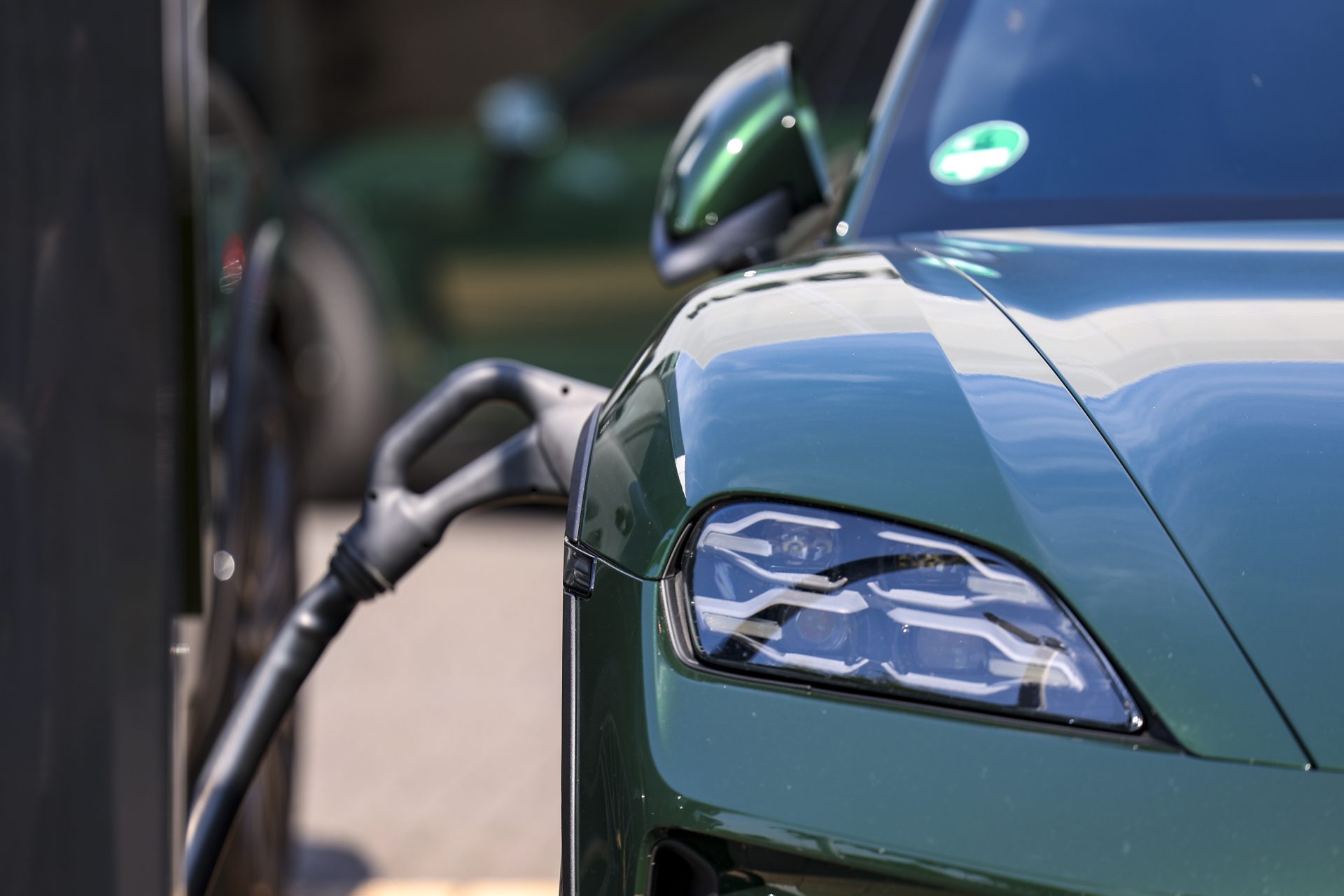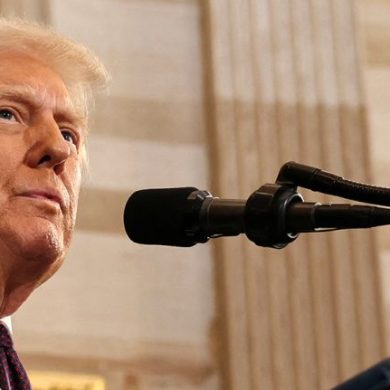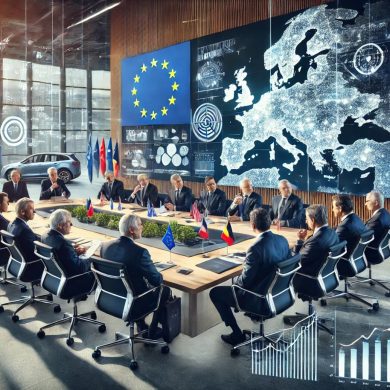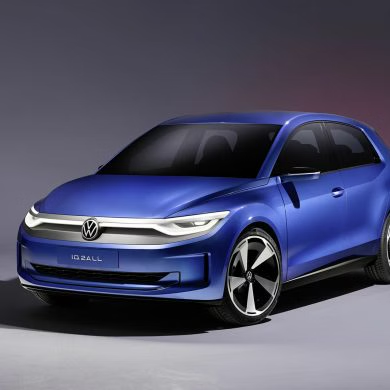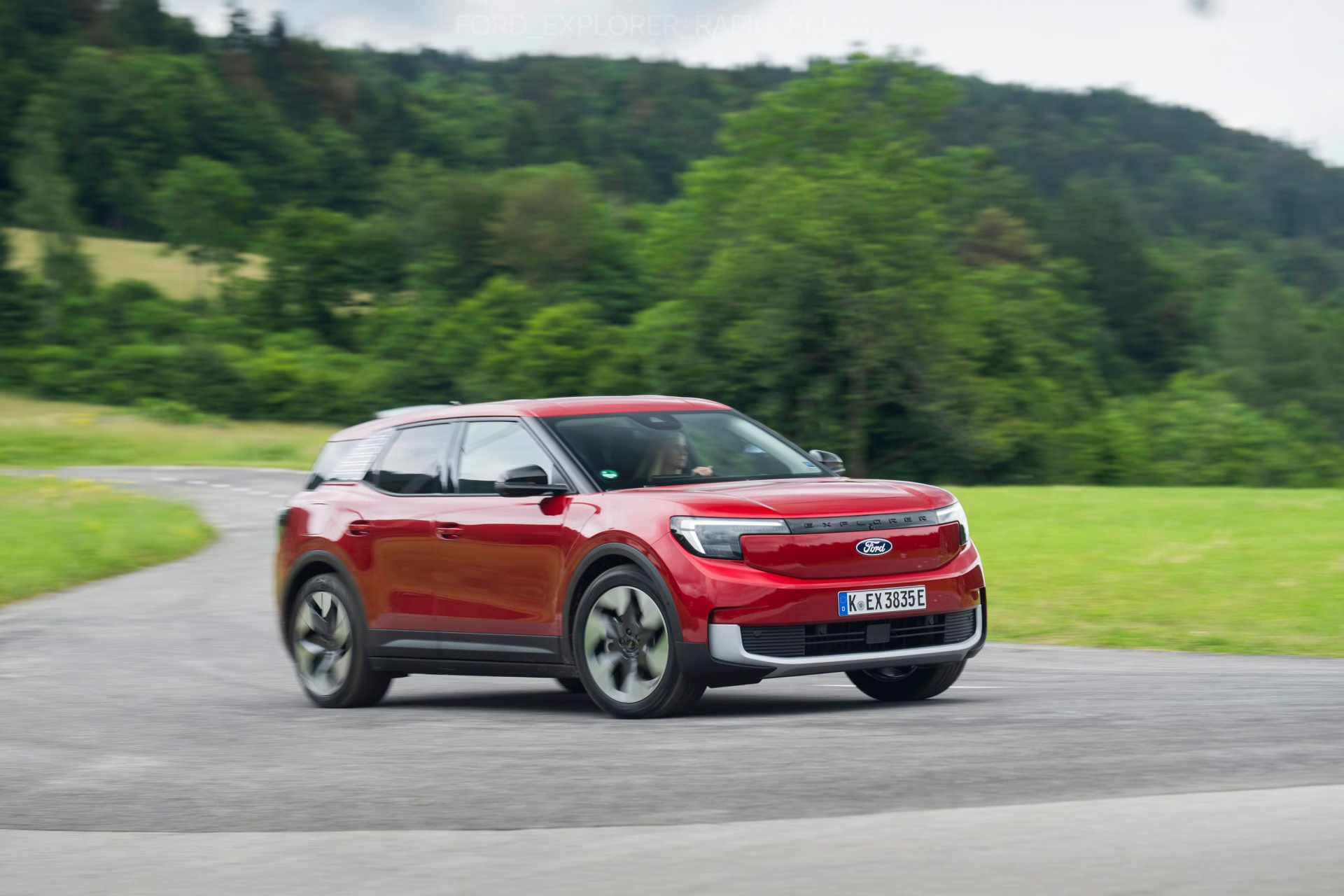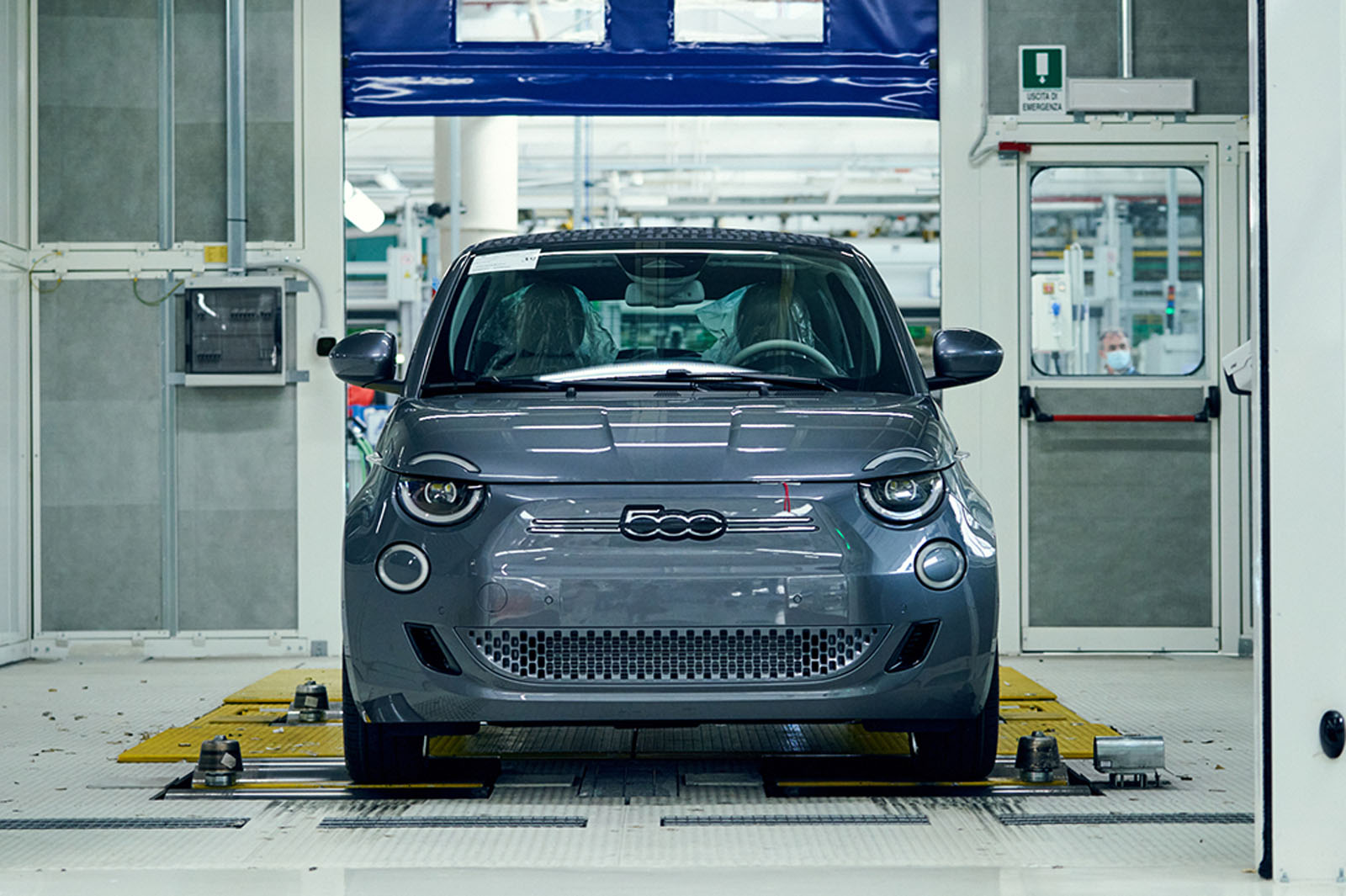In a "slap in the face" letter, the European Automobile Manufacturers Association (ACEA), it throws its arrows at the European Union, calling for a postponement of the 2025 CO2 emission targets, worrying about their achievement as the EV market remains stagnant, blaming it for making superficial policies for the transition to electrification, without a clear industrial design.
The year 2025 is approaching and signs of concern continue to pour in from the European automotive industry about the new fleet emissions requirements that will come into force next year. After Renault CEO Luca de Meo sounded the alarm about the risk of billions of dollars in fines, Acea has now stepped in, highlighting "growing fears" among manufacturers and calling for a two-year postponement of the new limits.
EU rules requiring carmakers to achieve total fleet CO2 emissions of 95 grams per kilometre by next year will force them to either stop production of around 2 million cars or face fines, ACEA says.
The full letter from ACEA
The continuing trend of stagnating market share of battery electric cars sends a very worrying message to industry and policy makers. The EU car industry has invested billions in electrification to bring vehicles to market, but the other ingredients necessary for this transition are not there and the EU's competitiveness is being eroded. As a result, the transition to zero emissions is extremely difficult, with concerns about meeting the 2025 CO2 emission reduction targets for light vehicles growing.
The EU still lacks critical conditions for the mass market uptake of zero-emission cars and trucks: hydrogen charging and refuelling infrastructure, as well as a competitive manufacturing environment, affordable green energy, market and fiscal incentives, and secure supplies of raw materials, hydrogen and batteries.
As Mario Draghi put it bluntly in the Competitiveness Report, "the automotive sector is a key example of the EU's lack of planning, implementing a climate policy without an industrial policy". This ambitious transition cannot be made by industry alone anywhere in the world, and without consistent policy measures to maintain the competitiveness of the automotive sector and facilitate the adoption of zero-emission vehicles in the EU. ACEA members are fully committed to the Paris climate targets.However, it is clear that the transition needs to be made more manageable. A meaningful and holistic review of the CO2 regulation will be vital to assess real world progress against the level of ambition and to take action as appropriate.


